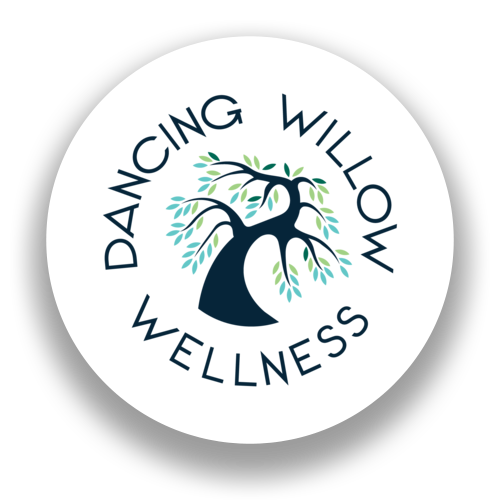Accepting Your Body as an Act of Rebellion
“I’m so bad”, she states as she reaches for a cookie. “No I can’t, I’m trying to be good” as she declines an offer of a homemade muffin.
We’ve all heard these phrases, and have probably said them, or something similar, ourselves. When we pause to reflect on these phrases, we can discern how we’re assigning moral value to food choices. Letting what we eat determine whether we’re “good” or “bad”. Our worth is not based on which foods we choose to eat or choose not to eat.
For women, current media instils the idea that our worth is proportionally tied to how slim/toned we are. For men, muscular and bigger (but not too fat) is sold as most desirable.
This works brilliantly for the multi-billion dollar diet industry, because the diet industry doesn’t make money from people who are happy just the way they are. The diet industry makes money from people not liking the way they are, and trying to change their bodies. The subliminal messaging of “you’re not good enough the way you are, so pay money to try to change yourself” is real (and sneaky). Add this to the fact that it’s not uncommon for a physician to indiscriminately advise weight loss, with no guarantee that it's going to improve health or be sustainable in the long term.
Dieting for weight loss does not work. Thankfully, more clinicians are starting to recognize this. There is not one single long-term study that shows that weight-loss dieting is sustainable. Study after study, shows that dieting and food restriction for the purpose of weight loss leads to more weight gain (Rothblum 2018). Even worse, the focus and preoccupation on weight leads to body dissatisfaction and weight stigma, which negatively impacts health (O’Hara & Taylor 2018). What a perfect model for the diet industry to keep them raking in the dough. You have customers for life, since after losing weight intentionally, gaining it back (and often more) is usually guaranteed.
When I was completing my Bachelor of Science degree (for the purpose of becoming a registered dietitian), I began learning this information of how dieting for weight-loss is not sustainable. Why then, I thought, am I trying to get into a profession to help people lose weight? Is it ethical? I felt discouraged, until I got turned onto another area of dietetics - Health at Every Size (HAES), Intuitive Eating, and anti-diet dietitians. This made so much more sense to me, and motivated me to continue on my path to becoming a dietitian, recognizing that this is an underserved area that needs skilled practitioners like me to advocate and work in.
In a world where we’re often conditioned to find fault in our bodies, it’s an act of rebellion to choose ourselves, how we are. This is why I am an anti-diet dietitian, who instead of promoting weight-loss, counsels with a HAES and intuitive eating lens.
You don’t need to keep beating the dead horse of cycling through pursuing weight loss, restricting and losing some weight, gaining it back, wondering what’s wrong with you and starting back at square one. If intentionally losing weight worked (read: is sustainable), you probably wouldn’t be here. You would have lost the weight and kept it off.
References
O’ Hara L and Taylor J. (2018) What’s Wrong with War on Obesity? A Narrative Review of the Weight-Centered Health Paradigm and Development of the 3C Framework to Build Critical Competency for a Paradigm Shift. SAGE Open: Apr-June: 1-28. doi.org/10.1177/2158244018772888
Rothblum E. (2018). Slim Chance for Permanent Weight Loss. Archives of Scientific Psychology:6, 63–69. DOI: http://dx.doi.org/10.1037/arc0000043



